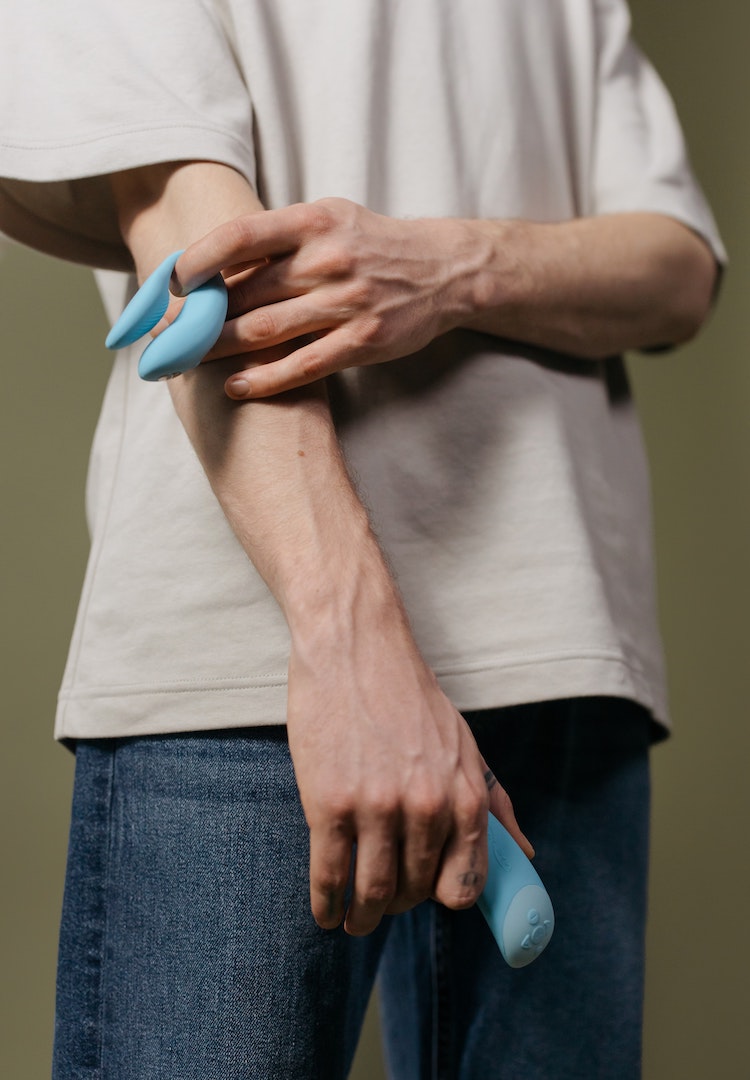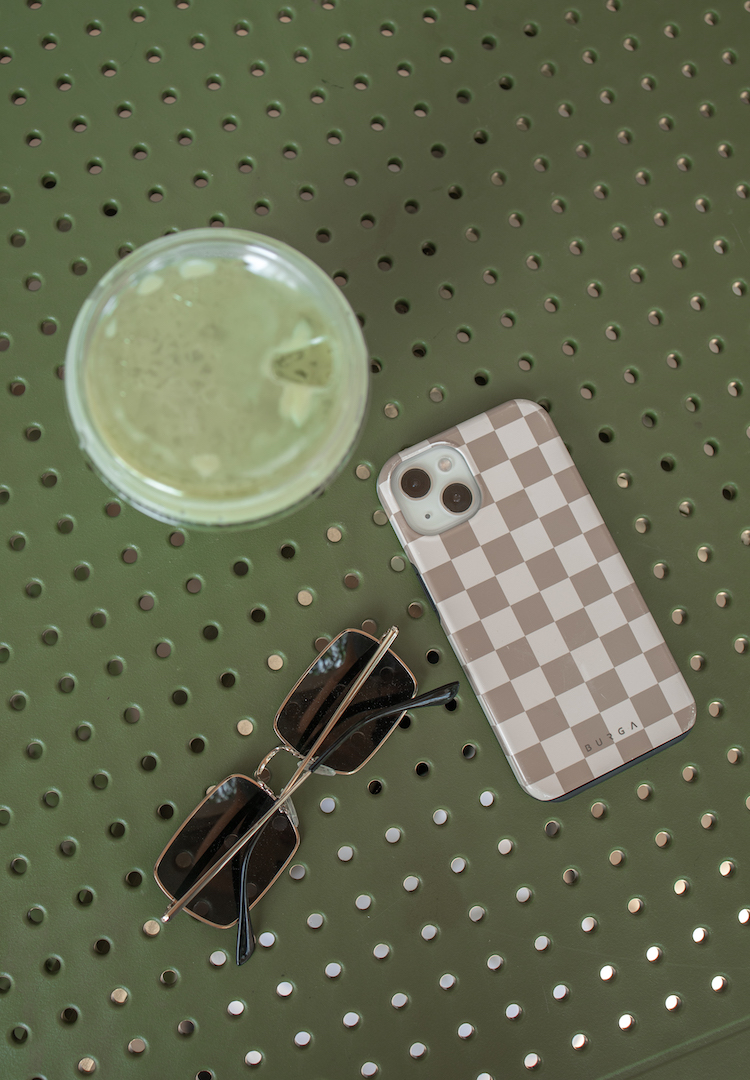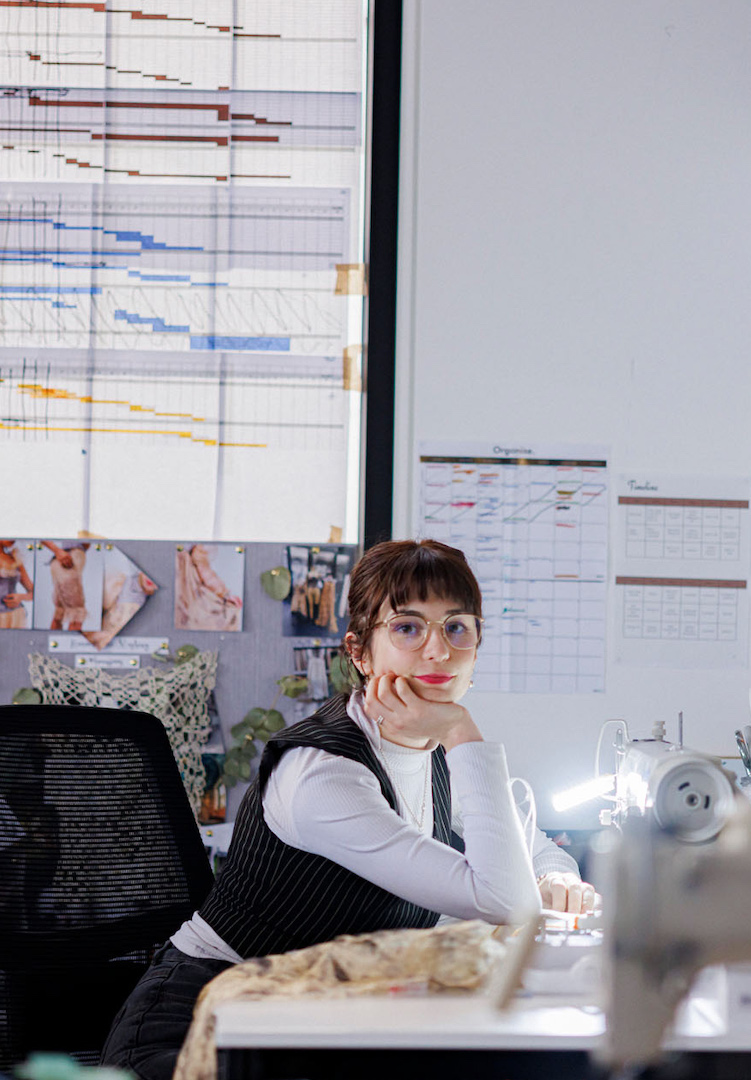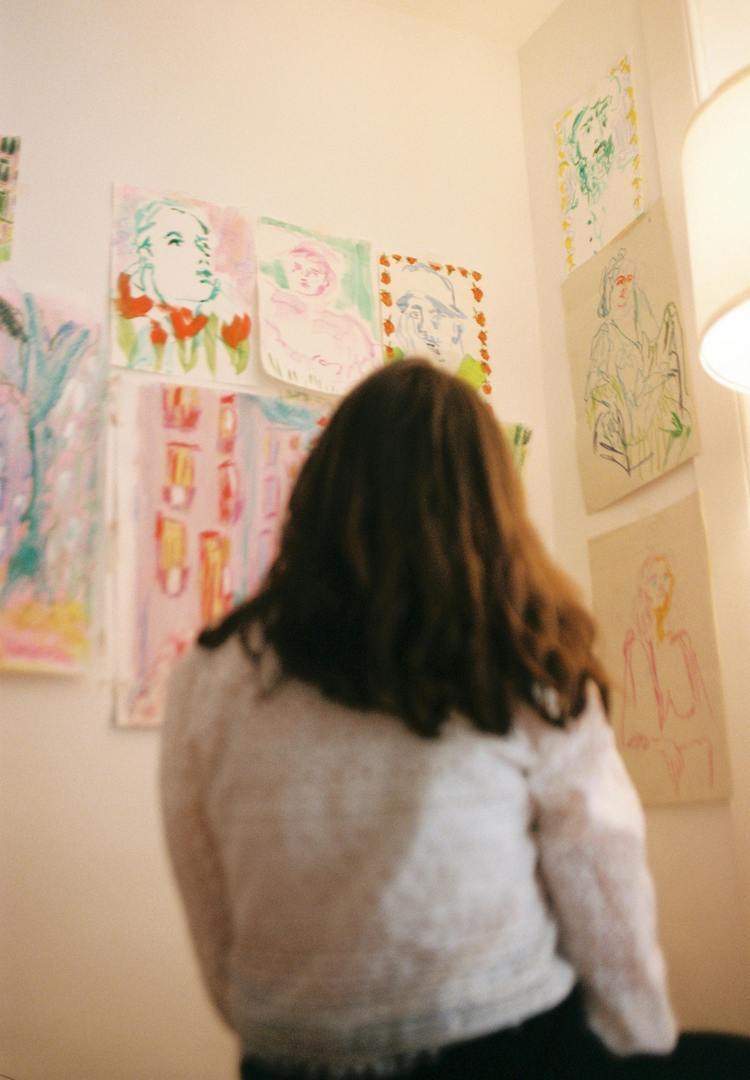18 Fashion Journal readers share the best advice they’ve ever received from a psych
WORDS BY IZZY WIGHT
“Going slow is fast enough.”
Mental health care looks different for everyone. For some people, mind maintenance is a conversation with family and friends, exercise and a consistent sleep schedule. For others, a happy brain requires downtime, SSRIs and – often most importantly – a mental health professional.
For more thought-provoking content, tap through to our Life section.
Opening a judgement-free dialogue around therapy breaks down stigma, helping others to understand nothing is intimidating or unusual about asking for advice. What works for you might not work for someone else, but it also could be exactly what they needed to hear. Below, 18 Fashion Journal readers share the best advice they’ve ever received from a psych.
June*, 24, she/her
“You are experiencing the world, the world isn’t experiencing you.” That advice made me realise the way I was framing my own experiences was through the eyes of other people, disregarding how I felt about the situation. I objectify myself when I adopt this perspective. It made me realise instead of being so concerned with how I’m perceived, I should do whatever makes me happy.
Sunny*, 27, she/her
“Do not focus on other people’s actions, because you can’t control them.” Letting go is hard but will bring a world of peace to you (this is still a work in progress for me).
Vienna*, 27, she/her
I once told my psych that I didn’t understand why I was worried about getting an email reply so much. The email wasn’t super important, but I was fixating on it. She asked if there was anything else in my life I was worried about and when I said no, she told me I was only fixating on the email because I had nothing else in my life to worry about.
She told me to just enjoy how well everything else was going and when I started to fixate on something small (like an email), to walk away and write down a list of things that are going well. Every time I find myself unnecessarily stressing about something small now, I think about her advice and I feel at ease. Sometimes we create drama for ourselves because we don’t believe life is as good as it is, we try to find the flaw. Now I know that I do it, I know how to counteract it whenever it happens.
Anisa*, 23, she/her
My psych advised me to use the cognitive behavioural therapy (CBT) technique of ‘acting opposite’. This essentially involves doing the opposite of what your anxious mind tells you to do. For example, you may feel like you don’t want to go to a house party because you don’t know many people and are anxious that you will be shy or embarrass yourself.
You might ordinarily allow your anxiety to dictate that you stay home (then potentially feel left out and disappointed in yourself for not being brave enough, reinforcing to yourself that you’re a shy person who is bad at/afraid of social situations). The acting opposite would require you to instead force yourself to go to the party and throw yourself into meeting people.
I’ve done this so many times over the past two years, and it’s entirely changed my life. Acting opposite and doing something you’re afraid of shows it wasn’t as bad as you thought it would be. Without acting opposite and learning things aren’t as bad as my anxious mind tells me they’ll be, I wouldn’t have the productive life I do today. Acting opposite allowed me to date (which I was terrified of for years) and eventually find a healthy relationship.
It also meant opportunities at work (sending that email even if your anxiety tells you it’s silly, showing up to work even if you think it will suck, putting yourself forward for opportunities, etc) and a healthier romantic relationship where I practise self-soothing. I see if I can resolve any anxieties by myself first, as opposed to immediately going to my partner for reassurance.
Finley*, 24, she/they
“Going slow is fast enough.” Upon meeting my psych and expressing what brought me to seek help, she explained that I’d gotten through a lot of life pushing through the turmoil of my trauma. She said now it was time to slow down, unpack and heal – there was no need to rush or feel that I had to unpack everything all at once. When it comes to healing, going slow is fast enough.
Brianna*, 34, she/her
I was feeling constantly overwhelmed, which eventually ended up in an ADHD diagnosis. It got better with medication, then it got worse, and my psychiatrist told me taking on too much is not something my medication will ever help with. So now if I’m at capacity, I say no.
Jing*, 25, she/her
“You can’t control how people react. You can only control your own reaction.”
Carmen*, 22, she/her
My psychologist asked me “Why are you choosing unhappiness?”. In my eyes this was blunt and harsh; it made me cry until there were no tears left. Why would I intentionally choose to be unhappy? But he saw happiness and strength inside me, even when I didn’t. From then on, I knew if I didn’t start believing it, I’d never find peace. I can 100 per cent now say he’s the best therapist I’ve ever had (despite how annoyed I felt at the time of this session).
Lianna*, 22, she/her
My psych and I came to the conclusion I don’t need to concern myself with trying to be hopeful because it’s pretty hard. Being curious is achievable and it’s enough. Curiosity about what’s next has been far more helpful to me than trying to feel hopeful. In the face of the current state of the world, it’s easy for hope to be overwhelmingly crushed out of us because it’s a fleeting feeling, but curiosity is an intellectual state and can foster hope. (If it doesn’t, it doesn’t matter. Curiosity is enough.)
Tilly*, 23, she/they
I suffer from anxiety. One thing my psych said to me when I was explaining what I was anxious about was, “Where is the evidence for this in your life?”. It sounded a bit harsh at first, but it’s true. Half the things I was worrying about and ruminating over had no evidence in my actual life.
For example, let’s say I was anxious about my partner leaving me when I’m in a very healthy and loving relationship. Simply asking yourself ‘Where is the evidence they’re going to leave you?’ really puts things into perspective. It makes you realise it really is all in your head.
Zahara*, 24, she/they
When I was going through a hard time reckoning with the way my relationship with my mum had changed, my therapist warned me I may be ignoring who my mum really was by projecting who I thought she was. I’d been viewing her character through rose-tinted glasses and was often disheartened when she didn’t act in the way I’d hoped. She essentially told me if I wanted to foster a deep relationship with my mum, I needed to mourn the version of her I’d built up in my head.
This advice was tough to hear but has done wonders for my relationship with my mum. I’ve even used it for my friendships and other relationships to help cultivate genuine connection over projection. Everyone should see a psych if they’re in the financial position to do so. Mine has legit changed my life.
Kate*, 26, she/her
I was struggling to support my mum and a friend when they were going through rough patches (independent of each other). It got to the point where I felt anxious seeing their names pop up on my phone. My psych told me I was feeling so exhausted because I was processing their emotions for them – it’s why they keep calling me to ‘emotionally dump’ – and they weren’t checking up on me in return. After learning this, setting boundaries suddenly made sense. It really changed the way I handle relationships in tough times.
Isabella*, 23, she/her
“Your thoughts are not facts. Let them pass.”
Prue*, 28, she/her
“You don’t always have to be happy.” I heard this at a time when I was beating myself up (figuratively) for having down days. It really helped me be kind to myself and to appreciate the good days for what they are while forgiving myself for the not-so-good days. It was the first time I’d heard of toxic positivity!
Abeni*, 28, she/her
The best advice I received is that sometimes people just are the way they are, no matter how much we want them to be better or do better. Also, figure out what you see as fear, freedom and failure. Work out what you can do every day to help create a lifetime of freedom.
Daisy*, 30, she/her
Giving birth to my second child this year brought me a baby girl and a lot of past trauma. I saw a psychiatrist and questioned why this was all coming up again, as I had sought therapy on and off my whole life. He advised me I’d have to address my previous trauma (from when I was thirteen) a few more times in my life.
I’m now experiencing my trauma as the 30-year-old mother of a girl… I know a lot more and understand the depth of my experiences. This was a huge revelation to me; one I wish I knew told sooner. I’m now way better equipped to recognise when this trauma may emerge and have safety plans in place. I’m really thankful for my psych.
Gabrielle*, 26, she/her
“You have thoughts, but you are not your thoughts.” Also, “Avoidance doesn’t solve problems, it only creates them”. I still think about these sage kernels of wisdom when I’m in an anxious loop and talking myself out of opportunities, or when my inner monologue starts to be really bitchy. Putting some distance between my mind and the mean or anxious self-talk means I’m able to notice how deeply programmed some thoughts are.
Reese*, 32, she/her
“You don’t have to bring your family along with you.” I always felt guilty about my happiness and success in a family that only bonded through shared adversity. It took me a while to realise that my family couldn’t be happy for me because they didn’t know how to be happy in their own lives. Acceptance of this gave me so much freedom.
For more on looking after your mental health, head here.










